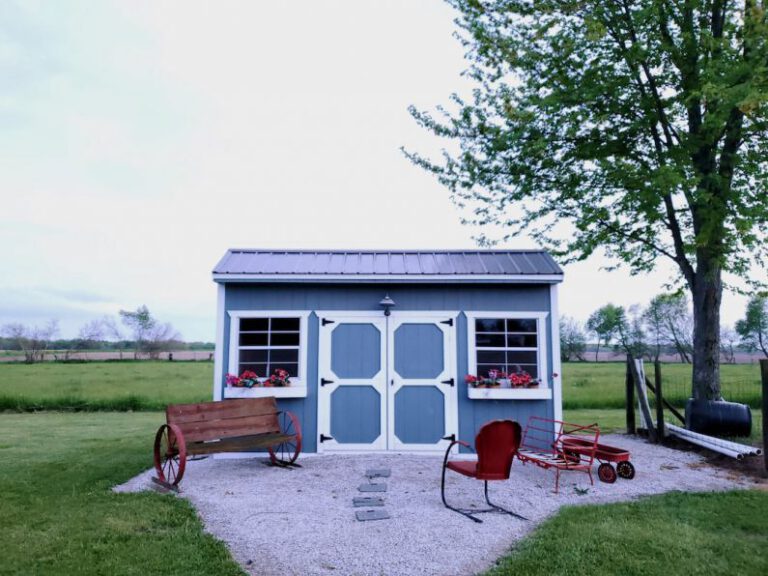Protecting Seasonal Vehicles from the Elements
When the warm weather arrives, many people are eager to take out their seasonal vehicles and enjoy the open road or water. Whether it’s a motorcycle, RV, boat, or jet ski, these vehicles provide the perfect opportunity for outdoor adventure and fun. However, when the season comes to an end, it’s crucial to protect these vehicles from the elements to ensure their longevity and optimal performance.
Proper Storage
One of the most important aspects of protecting seasonal vehicles is finding the right storage solution. Storing these vehicles in a secure and protected environment is essential to shield them from harsh weather conditions. Here are some storage options to consider:
1. Indoor Storage: If you have sufficient space, storing your seasonal vehicle indoors is the best option. This provides maximum protection from rain, snow, and extreme temperatures. Look for a well-ventilated and climate-controlled area to prevent damage from humidity and condensation.
2. Covered Storage: If indoor storage is not available, consider using a covered storage facility or a carport. This will provide some protection from the elements, although it may not be as effective as indoor storage.
3. Custom Covers: Investing in a high-quality custom cover is a worthwhile investment for protecting your seasonal vehicle. These covers are designed to fit specific models and provide a tight seal to prevent dust, dirt, and moisture from penetrating the vehicle’s interior.
Cleaning and Maintenance
Before storing your seasonal vehicle, it’s crucial to thoroughly clean and perform necessary maintenance to ensure optimal protection. Here are some essential steps to follow:
1. Wash and Wax: Give your vehicle a thorough wash to remove any dirt, grime, or salt that may have accumulated. Apply a coat of wax to protect the exterior from UV rays and other environmental factors.
2. Drain Fluids: It’s essential to drain all fluids from the vehicle, including fuel, oil, and coolant. Old fluids can deteriorate over time and cause damage to the engine and other components.
3. Battery Maintenance: Disconnect the battery and store it in a cool, dry place. Consider using a battery maintainer to prevent it from discharging or freezing during storage.
4. Tire Care: Inflate the tires to the recommended pressure and consider using tire covers to protect them from UV rays. Rotate the tires periodically to prevent flat spots from forming.
Additional Precautions
In addition to storage and maintenance, there are a few extra precautions you can take to protect your seasonal vehicle:
1. Rodent Prevention: Rodents can cause significant damage to stored vehicles by chewing through wires and upholstery. Use rodent repellent sachets or traps in the storage area to deter them.
2. Security Measures: Install a security system or use a steering wheel lock to deter theft and vandalism. Consider using a GPS tracking device to locate your vehicle in case of theft.
3. Insurance Coverage: Make sure your seasonal vehicle is adequately insured, even during storage. This will provide financial protection in case of theft, damage, or other unforeseen events.
Conclusion:
Properly protecting seasonal vehicles from the elements is essential for maintaining their condition and performance. By choosing the right storage solution, performing regular cleaning and maintenance, and taking additional precautions, you can ensure that your seasonal vehicle will be ready for another season of adventure and fun. So, don’t let the elements take a toll on your investment. Take the necessary steps to safeguard your seasonal vehicle and enjoy worry-free outdoor experiences for years to come.






